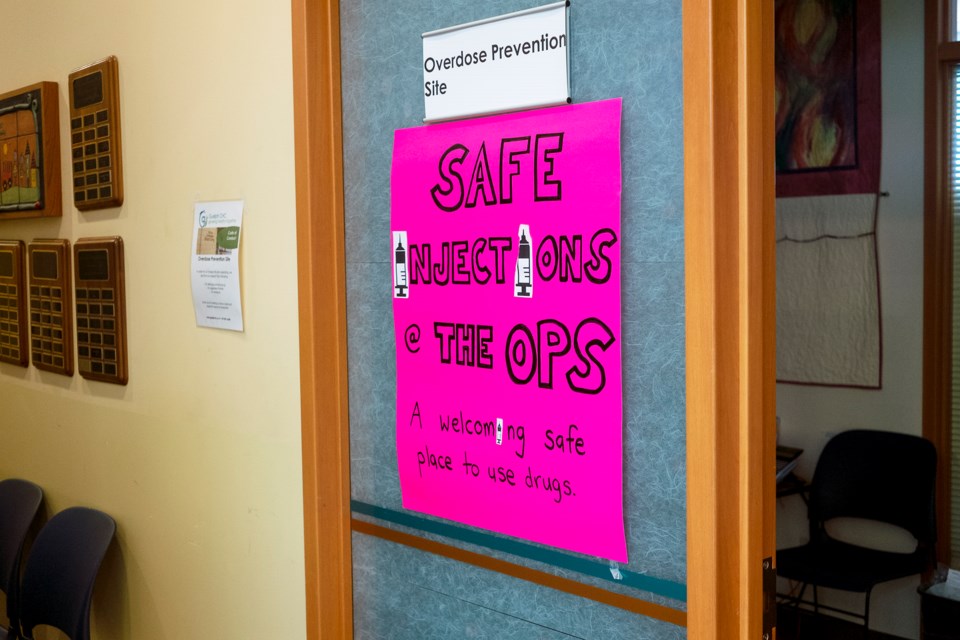The number of local deaths due to opioid use increased slightly in 2019 over the previous year, according to preliminary numbers from Wellington-Dufferin-Guelph Public Health.
Twenty three opioid-related deaths have been confirmed in Guelph and Wellington region in 2019, with an additional seven marked as preliminary. If the seven are confirmed to be related to opioid use, the total number of 30 will is up from 26 deaths in the region in 2018.
WDG Public Health expects to have final numbers from the Coroner's Office by April, said Chuck Ferguson, communications manager with the agency.
Ferguson said the seven marked as preliminary are likely awaiting toxicology screens to confirm earlier analysis.
If all of the 2019 preliminary deaths are confirmed to be opioid-related, that would be a 15 per cent increase over the previous year.
Even one death is too many, said Raechelle Devereaux, executive director of the Guelph Community Health Centre (CHC).
Devereaux said the Consumption and Treatment Services (CTS) that operates in the CHC is one of a number of effective mechanisms in the area for saving lives in the community and suspects the possible increase in deaths would be higher without it.
The Health Alert program, which offers real-time alerts to the public when contaminated substances and abnormal overdose patterns occur in the community, has also been effective, said Devereaux. In 2019 there was a total of nine alerts sent out.
The subject of those alerts can range surges in overdoses to reports of dangers and/or contaminated drugs. The alerts can result in more people coming to the CTS site to use in a supervised environment, said Devereaux.
The CTS site is located within the CHC and includes two booths for people to use any number of substances under the supervision of trained health professionals. Devereaux said it receives an average of about 30 visits per day.
Because the Guelph CTS site was among the first 15 approved by the province, Devereaux said it has hosted visits from some municipalities that do not have one, including including Brantford, Cambridge, Barrie and Coburg.
“We have really been generous in our sharing of information, data and overview of our services and our journey with our neighbouring communities who are working to develop sites,” she said.
Brant County, which includes the City of Brantford, does not currently have a CTS site and experienced a 59 per cent increase in the number of opioid-related deaths last year. In 2018 a total of 22 deaths were recorded, but that number spiked to 35 confirmed deaths in 2019.
The local CTS site will double its capacity from two booths to four after receiving. $300,000 in funding from the provincial government
